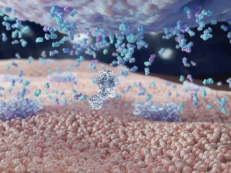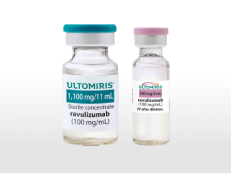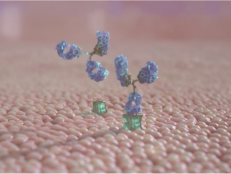
NMOSD
NMOSD is a chronic, complement-mediated autoimmune disease of the CNS, characterised by frequent and unpredictable attacks that lead to irreversible damage1–4
Diagnosing NMOSD
Discover the key steps in the diagnosis of NMOSD
Burden of disease
Learn more about the burden of NMOSD on patients
Symptoms of NMOSD
Recognise the common signs and symptoms of NMOSD
Treatment types
Understand the need for an individualised treatment approach
Please consult the Summary of Product Characteristics prior to prescribing.
About ULTOMIRIS®
ULTOMIRIS® in the treatment of AQP4 antibody-positive NMOSD

MECHANISM of Action
Review and explore the mechanism of action of ULTOMIRIS®

Efficacy and safety
Explore clinical data looking at the efficacy & safety of ULTOMIRIS®

Dosing calculator
Access our easy-to-use tool to calculate your patient's dosing requirements

Patient stories

Dosing and administration

EAN 2024

patient profiles


Please consult the Summary of Product Characteristics prior to prescribing.

healthcare professional
About Soliris®
SOLIRIS® in the treatment of AQP4 antibody-positive NMOSD

MECHANISM of action
Review and explore the mechanism of action of SOLIRIS®

EFFICACY & SAFETY
Explore clinical data looking at the efficacy & safety of SOLIRIS®

Adverse Event Reporting
Please report any adverse reactions via your national reporting system. Adverse events should also be reported to Alexion pharmaceuticals by the following link: https://contactazmedical.astrazeneca.com
